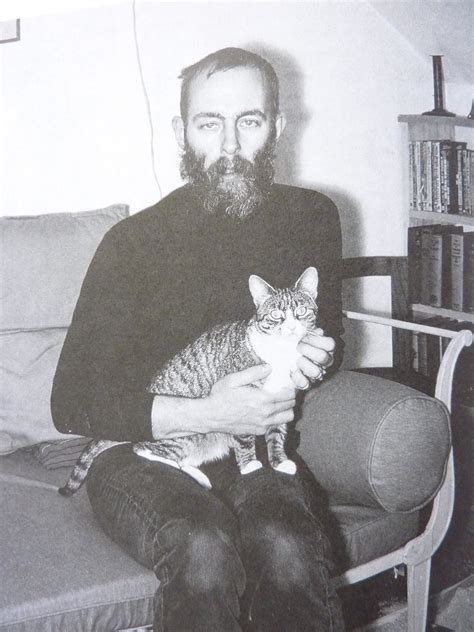A Quote by Percy Bysshe Shelley
The great secret of morals is Love; or a going out of our own nature, and an identification of ourselves with the beautiful which exists in thought, action, or person, not our own.
Related Quotes
The great secret of morals is love; or a going out of our nature, and an identification of ourselves with the beautiful which exists in thought, action, or person, not our own. A man, to be greatly good, must imagine intensely and comprehensively; he must put himself in the place of another and of many others; the pains and pleasure of his species must become his own. The great instrument of moral good is the imagination.
In those sticky summer nights in South London our windows stay open and our tiny apartment becomes our secret garden. The magic of the secret garden is that it exists in our imagination. There are no limits, no borderlines. The secret garden leads to the marigolds of Mogadishu and the magnolias of Kingston and when the heat turns us sticky and sweet and unwilling to be claimed by defeat we own the night. We own our bodies. We own our lives.
Most people think of love as some sort of power outside of themselves that will "take them away from all of this." Sadly, this is not the case. Love exists only within our own hearts, and to have happy relationships we must first become truly loving people. And as we fill our hearts with love by expressing love for others in thought, word, and deed ("acting as if" until we make it happen if necessary), that love can heal our own lives, help to solve our problems, and enable us to feel good about ourselves.
It is only when we want to take our lives out of the Father’s hands and have them under our own control that we find ourselves gripped with anxiety. The secret of freedom from anxiety is freedom from ourselves and abandonment of our own plans. But that spirit emerges in our lives only when our minds are filled with the knowledge that our Father can be trusted implicitly to supply everything we need.
Among the older records, we find chapter after chapter of which we can read the characters, and make out their meaning: and as we approach the period of man's creation, our book becomes more clear, and nature seems to speak to us in language so like our own, that we easily comprehend it. But just as we begin to enter on the history of physical changes going on before our eyes, and in which we ourselves bear a part, our chronicle seems to fail us-a leaf has been torn out from nature's record, and the succession of events is almost hidden from our eyes.
I think the Bhagavad Gita is about both the forces of light and the forces of darkness that exist within our own self, within our own soul; that our deepest nature is one of ambiguity. We have evolutionary forces there - forces of creativity, and love, and compassion, and understanding. But we also have darkness inside us - the diabolical forces of separation, fear and delusion. And in most of our lives, there is a battle going on within ourselves.
There is provided an escape from the narrowness and poverty of the individual life, and the possibility of a life which is other and larger than our own, yet which is most truly our own. For, to be ourselves, we must be more than ourselves. What we call love is, in truth . . . the losing of our individual selves to gain a larger self.
Salvation is not some felicitous state to which we can lift ourselves by our own bootstraps after the contemplation of sufficiently good examples. It is an utterly new creation into which we are brought by our death in Jesus' death and our resurrection in his. It comes not out of our own best efforts, however well-inspired or successfully pursued, but out of the shipwreck of all human efforts whatsoever.
We all end up living secret lives. We create what we are willing to admire and admiring what we shouldn't confess to the secret ofour own sin, our own insufficiency, our own sadness. We all end up taking our secrets into the world and handing them over to strangers, only to realize it's often too late to claim them back. The very nature of time passing is sad beyond words. Memories mean they're gone.
In order to find God in ourselves, we must stop looking at ourselves, stop checking and verifying ourselves in the mirror of our own futility, and be content to be in Him and to do whatever He wills, according to our limitations, judging our acts not in the light of our own illusions, but in the light of His reality which is all around us in the things and people we live with.
Perhaps that is our doom, our human curse, to never really know one another. We erect edifices in our minds about the flimsy framework of word and deed, mere totems of the true person, who, like the gods to whom the temples were built, remains hidden. We understand our own construct; we know our own theory; we love our own fabrication. Still . . . does the artifice of our affection make our love any less real?






































